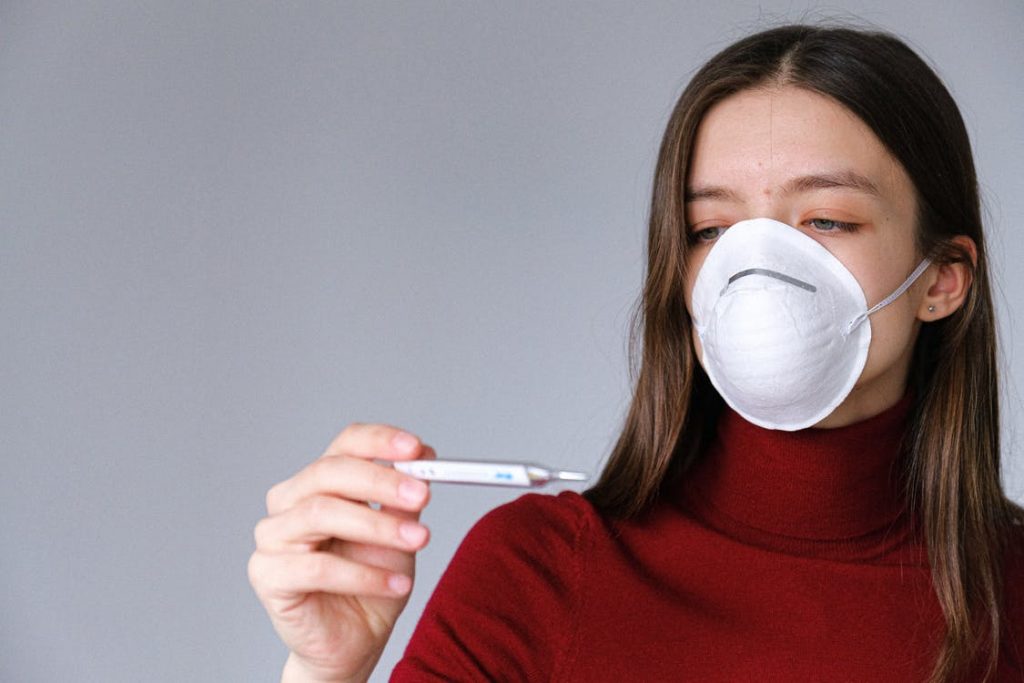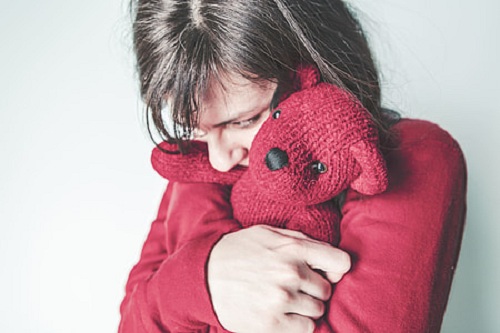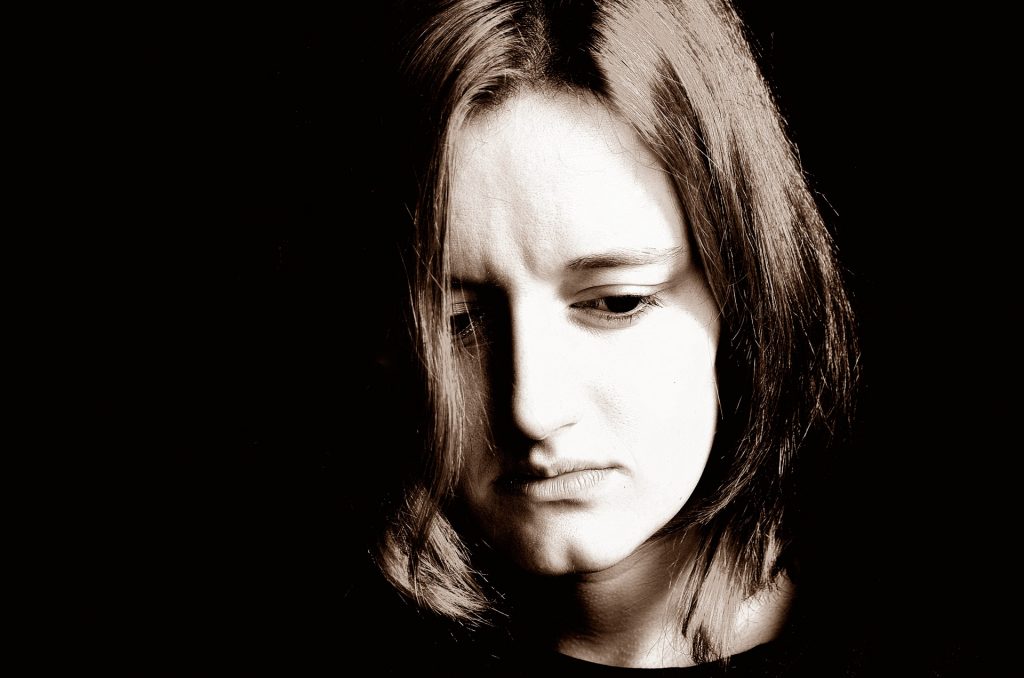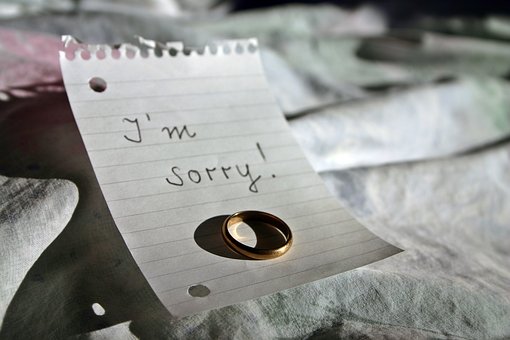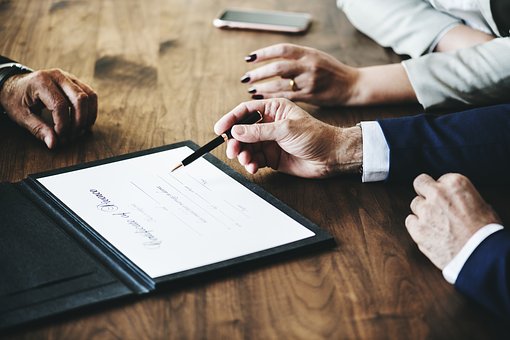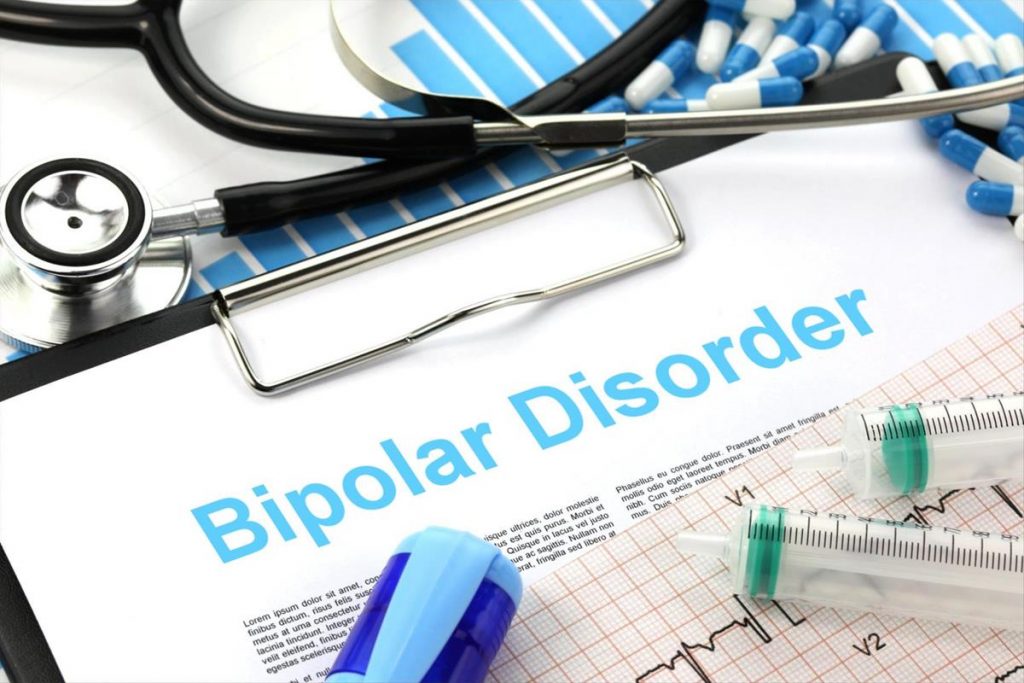
Source: picpedia.org
Bipolar disorder is officially known as a mental health condition. Individuals with this illness can experience periods of mania or positive behaviors and then negative moods or depression. These mood swings happen abruptly, and almost 3% of adolescents and adults in America have it, as reported by the National Institute of Mental Health. Although the cause of bipolar disorder is generally unclear, studies have shown a possible link between the illness and family history. They further insinuated that there might be a genetic predisposition to it.
Family History And Bipolar Disorder
Up until today, researchers have not discovered concrete causes of bipolar disorder, but they were able to recognize several risk factors, the strongest of which is family history. This may be secondary to specific genes. Adults with family members who were diagnosed with the disorder have ten times increased risk of having the disorder. A 2009 review states that if the family member is a close one, such first or second-degree, your risk is even much higher. Meaning that if one of your parents has the disorder, there is a huge possibility that you will have it compared to someone whose uncle or grandmother has it.
Other Triggers And Factors
- Environmental
A stressful situation often causes the onset of bipolar disorder. This situation might be something that is associated with a person’s personal life or his workplace. An unexpected event, like a tragic accident or the death of a loved one, may also be a trigger to the onset of the disorder. Individuals diagnosed with the illness find it beneficial to manage the stress and other challenges in their lives.
Weather conditions can also trigger episodes of mania or depression for those who have the disorder. The seasonal change from winter to spring, for example, is a solid trigger due to the swift increase in the hours of sunshine during daytime, which has a significant effect on a person’s pineal gland. Other factors that can evoke bipolar symptoms include alcohol or drug abuse and sleeplessness. In some particular circumstances, women with the disorder are triggered just after they have given birth, but this is specific to those who are genetically inclined to having the disorder. This is not to say that pregnancy is among the underlying causes of bipolar illness.

Source: cambridgeindependent.co.uk
People whose parents are bipolar often wonder if it’s important for them to screened regularly for the illness. Yes, it is not a bad idea at all. But ultimately, it is best to confide in someone that you fully trust, someone from your family perhaps, or a close friend or significant other. Loved ones are usually the first ones who notice the symptoms if you have it, and, of course, they are first in line to help you get medical help if symptoms do occur. If your loved ones tell you honestly that they can’t seem to understand your erratic behavior and you are sometimes ‘not yourself,’ you might consider going to the doctor for consultation.
- Structure of the Brain
There have been relevant differences in the brain structure, activity, and size of individuals with bipolar disorder. Additionally, there is also a higher likelihood seen in people who have had traumatic head damage and concussions.
Bipolar Disorder Symptoms
If you or a family member may have bipolar disorder, you must have knowledge of the possible symptoms that you should watch out for. The kind of symptoms that manifest in a person determines the type of bipolar disorder an individual is classified as. The types may be depression or mania, and the symptoms include but are not limited to:
- Reckless behavior
- Perceives his abilities rather unrealistically
- Poor judgment
- Easily agitated
- Exaggerated happiness or in a state of euphoria
- Thinks and talks quickly
- Excited in getting into risky activities like drunk driving or gambling
Some symptoms of bipolar depression are comparable to those of regular depression, some of which include extreme fatigue, slow speech, poor appetite, long-term feeling of sadness, inability to focus and decide wisely self-isolation, and suicidal ideations.
Bipolar Disorder Treatment
Treatment usually involves behavioral therapy, prescription medications, or a combination of both. Several medications have been shown to treat bipolar disorder effectively, the most potent of which is lithium. It functions to prevent the occurrence of relapses and treats mania and bipolar depression. Other drugs known to be prescribed by doctors to treat the disorder are carbamazepine, topiramate, gabapentin, and lamotrigine, which are all anticonvulsants. As for therapy, the most commonly used for bipolar disorder is cognitive-behavioral therapy or CBT. Other treatments found to be effective are omega-3 fatty acid supplementation, electroconvulsive therapy, peer group support, and meditation.
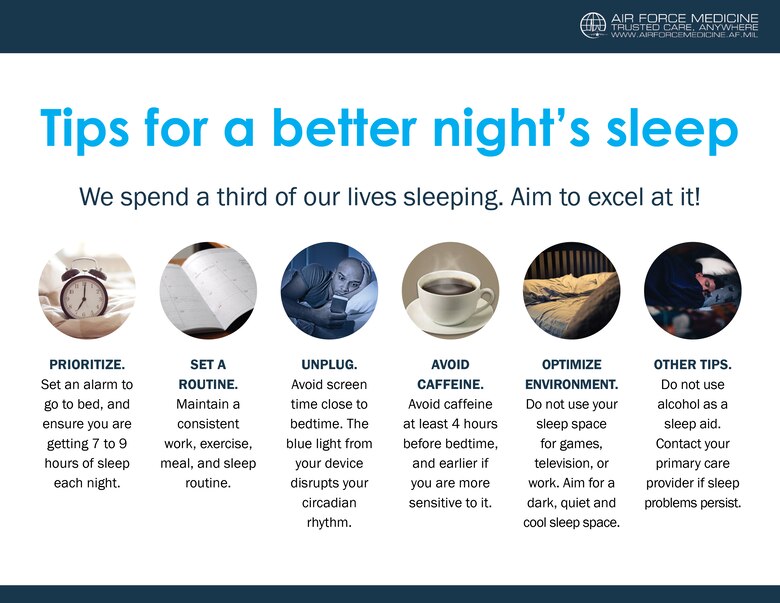
Source: 477fg.afrc.af.mil
Conclusion
To date, bipolar disorder is not yet fully understood, but the fact that it does run in the family is a known fact that has been backed by evidence. If you know someone from your family who is bipolar, then your likelihood of developing the illness is greater compared to those without a hereditary connection. However, this doesn’t consequently mean that you will definitely have it. If you think you have noticed some symptoms of bipolar disorder in yourself, don’t hesitate to talk to your doctor, who is capable enough to provide more information about bipolar disorder and how you can manage it.




